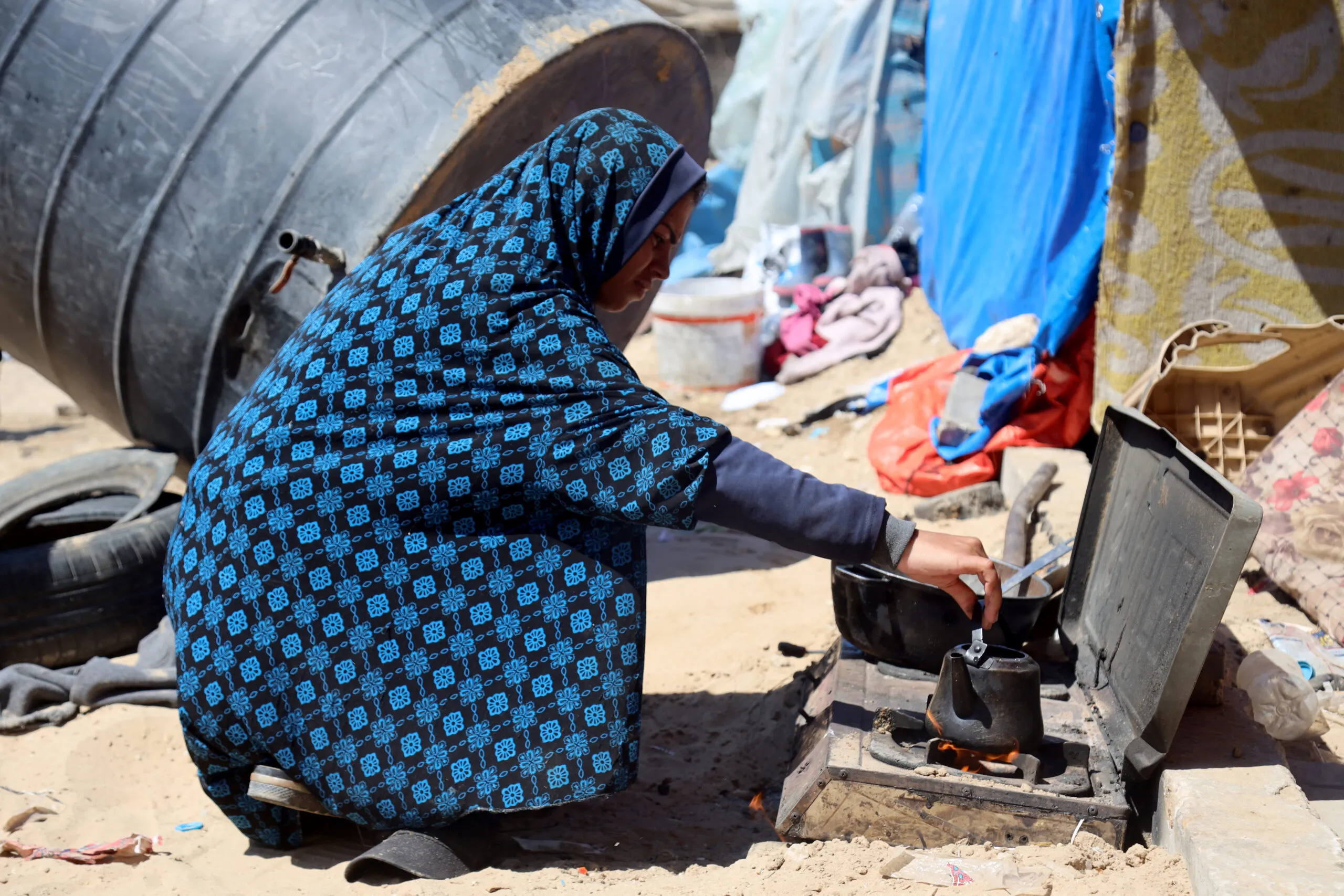April 24, 2024 – Today’s release of the Global Report on Food Crises marks another in a series of grave milestones in the fight against hunger: there are more people facing the worst forms of starvation today than there have been in this report’s 8-year history.
These burdens of the global hunger crisis are not shared equally. In fact, a 2023 CARE study found that gender inequality is a key driver of food insecurity worldwide. As farmers, caregivers and producers, women play a key role in feeding the world. Yet, they have unequal access to resources, services, and social capital, putting them and their families at higher risk of food insecurity, malnutrition but also protection needs, including gender-based violence.
Because of this, extensive data and evidence point to the fact that women make up the majority of the world’s hungry people. However, persistent gaps in the collection and analysis of sex- and age-disaggregated data means that we can’t pinpoint just how many. Finally, women-led organizations (WLOs) that make up the front-line response to the food crisis often face the highest barriers to access funding, leaving valuable potential to curtail hunger overlooked and underutilized. CARE urges the humanitarian community, especially partners of the Inter-Phase Classification System (IPC) and the Food Security Information Network (FSIN), to systematically integrate gender analysis into their food insecurity assessments, to highlight the full impact of the hunger crisis. Moreover, donors and humanitarians should seek to recruit the expertise and leadership of WLOs to guide action on the hunger crisis.
For places likes Sudan and Gaza, the conflicts that are driving hunger are only intensifying. Meanwhile, funding, political will, and attention are waning. Around the world, food security assistance has been cut, forcing people to rely on more severe coping strategies like skipping meals, taking on high-risk work, or taking children out of school to meet their basic needs.
“Women and girls have different and multiple needs, and most of our service focus is on pregnant and lactating women,” says Waad Development Organization, a CARE WLO partner in Sudan, “We are very proud of our work in health through mobile clinics, especially in remote area, where we helped provide referral services. However we need adequate and flexible funding for our activities, in order to be able to plan our projects for at least one year.”
The facts and figures on rising hunger highlighted by the Global Report on Food Crises have real-life consequences that families, communities and individuals will have to endure for years to come. Swift and decisive action to prevent conflicts, to implement lasting ceasefires, to fully fund the response to humanitarian crises, and gender-just climate action can still reverse these trends and improve the lives of millions. Nadia*, a mother of two in Gaza, shared with CARE, “My daughters and sons want to become lawyers, engineers, and dentists. I want them to have a life, and to live their dreams. I don’t want their futures wasted because of this war, I don’t want their lives to be dictated by fear and hunger.”
* Name has been changed
For media inquiries, please contact: usa.media@care.org.

